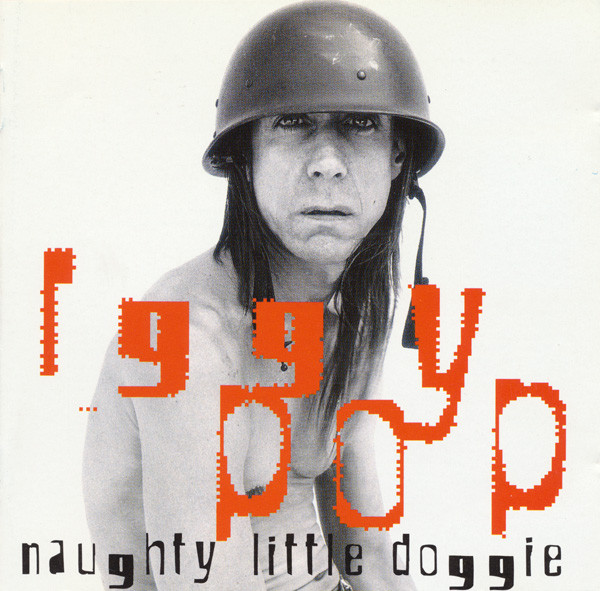
Naughty Little Doggie, the eleventh studio album by Iggy Pop, was released in 1996. Its tenth and last track, “Look Away,” evokes his memories of Sable Starr and Johnny Thunders. CONTINUE READING / CONTINUER LA LECTURE…

Naughty Little Doggie, the eleventh studio album by Iggy Pop, was released in 1996. Its tenth and last track, “Look Away,” evokes his memories of Sable Starr and Johnny Thunders. CONTINUE READING / CONTINUER LA LECTURE…
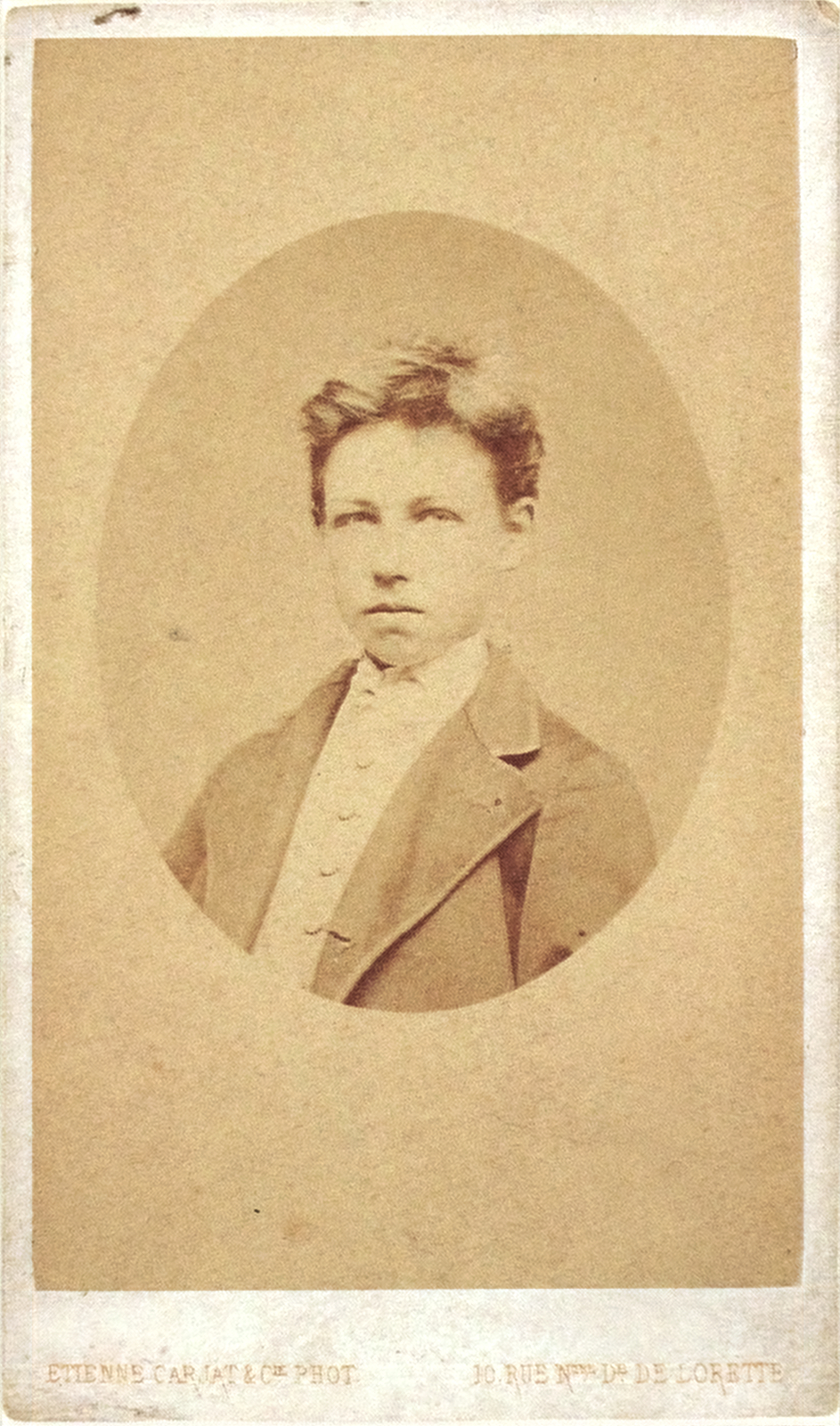
Étoile filante dans le firmament de la poésie française, Arthur Rimbaud (1854–1891) écrivit ses premiers vers à 15 ans, composa ses chefs d’œuvres en quelques années et renonça définitivement à la littérature avant ses 21 ans.
Rebelle tant par ses opinions que par ses moyens d’expression, il attaqua dans ses vers l’Empereur, la religion, la bourgeoisie et la répression de la Commune de Paris, et il innova radicalement dans la forme de sa poésie. CONTINUE READING / CONTINUER LA LECTURE…
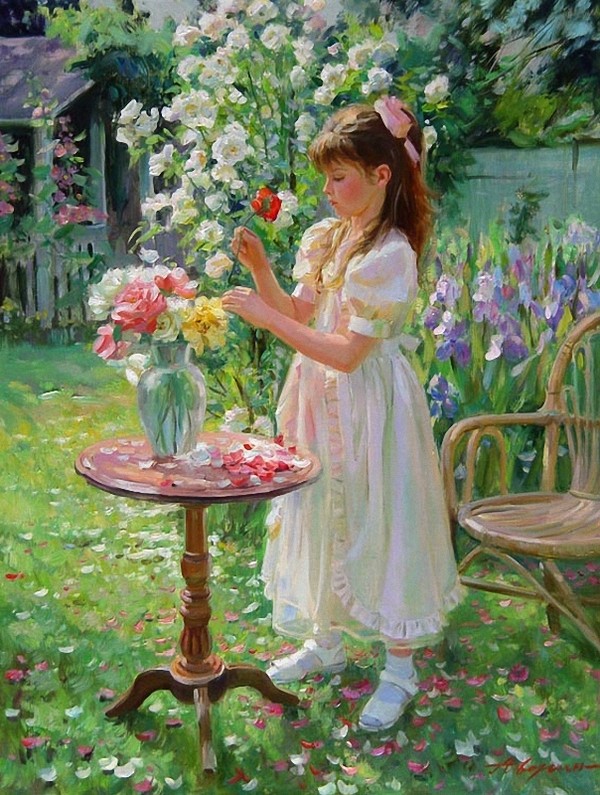
My last choice of a love poem from the beautiful collection Asylum Poems by John Clare. Soft and gentle, full of flowers and nature’s beauties, it smiles with words of love. CONTINUE READING / CONTINUER LA LECTURE…
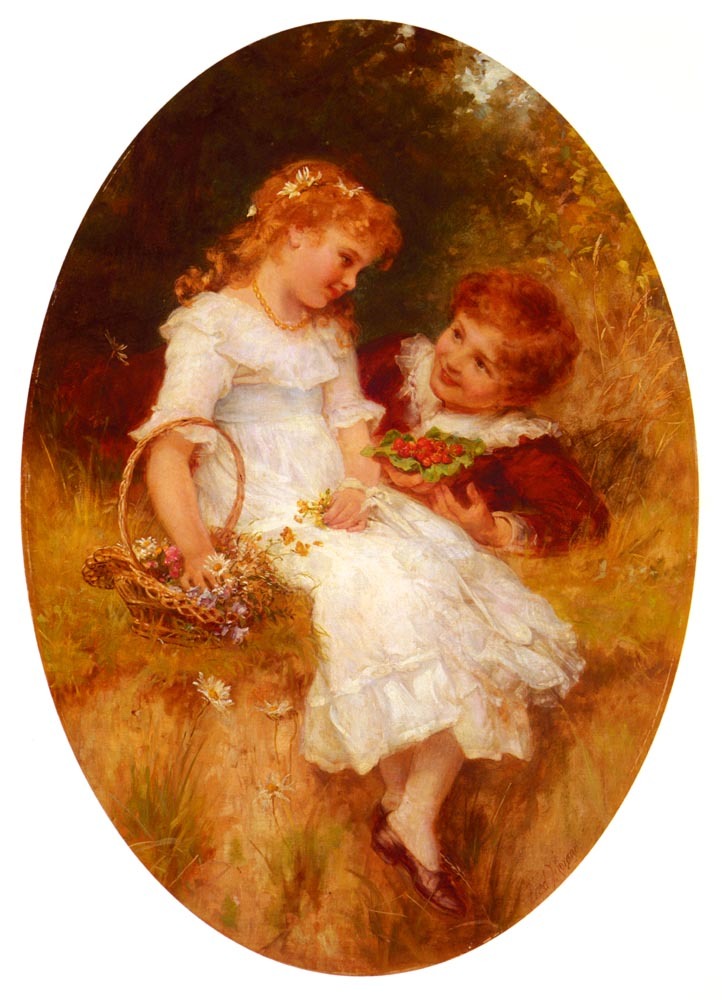
Une amie du poète lui rappelle les beaux jours de leur enfance, leurs jeux et leur amour naissant. Il se souvient d’un baiser qu’il reçut en récompense d’une chanson, mais hélas, aujourd’hui elle ne lui en donne plus. CONTINUE READING / CONTINUER LA LECTURE…
The writer Ernest Dowson (1867–1900) was a lover of young girls, his deep feelings for them are expressed in several of his poems, notably those that I published from his three collections Poésie Schublade, Verses, and Decorations. More insight can be gained from his correspondence, namely The Letters of Ernest Dowson edited by Desmond Flower and Henry Maas, and New Letters from Ernest Dowson edited Desmond Flower. CONTINUE READING / CONTINUER LA LECTURE…
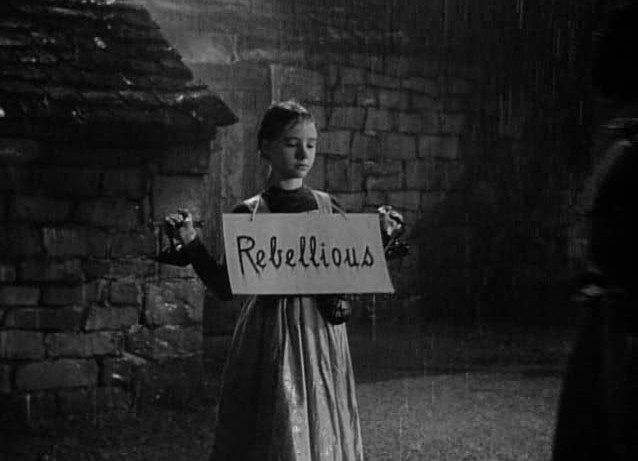
Poets and Lovers est toujours là, après 42 mois, ayant surmonté tous les obstacles sur son chemin. Le 20 avril, le registraire de nom de domaine Njalla (une compagnie fondée par des pirates informatiques), sous prétexte d’une supposée plainte contre Pigtails in Paint, bloqua les noms de domaine de tous les sites hébergés par notre fournisseur Internet. Celui-ci dut récupérer les codes pour transférer les domaines auprès d’un autre registraire. CONTINUE READING / CONTINUER LA LECTURE…
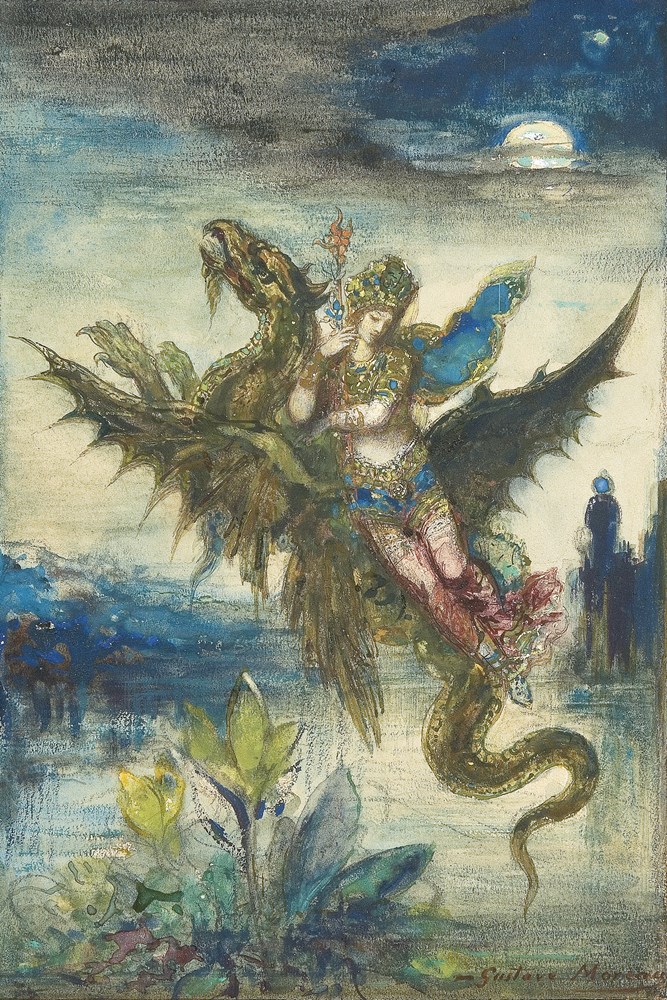
Poets and Lovers lives since three years and a half, regularly facing threats. Our Internet provider had registered the domains of his sites with the domain registrar Njalla. On April 20, without any warning or explanation, Njalla decided to block the domain names of of all sites hosted by our provider, in particular Pigtails in Paint, Poets and Lovers and the sites of Graham Ovenden and Garage Press. Moreover, Njalla blocked our provider’s access to the virtual server that they hosted for his sites, they did not even allow him to download the latest contents before terminating it. The pretext was a supposed complaint against the contents of Pigtails in Paint, about which we have no details. After requests for information by our provider, they claimed “child porn,” then later “sexual objectification of kids.” They told him that he was “free” to move the domains to another registrar, but for several days, they refused to transmit him the authorisation codes for transferring the domains to another registrar. After a few days, Pigtails in Paint got its codes for registering the domain name with another company, but for Poets and Lovers it took a month to get the correct codes. The sites of Graham Ovenden and Garage Press had to change their domain names. CONTINUE READING / CONTINUER LA LECTURE…
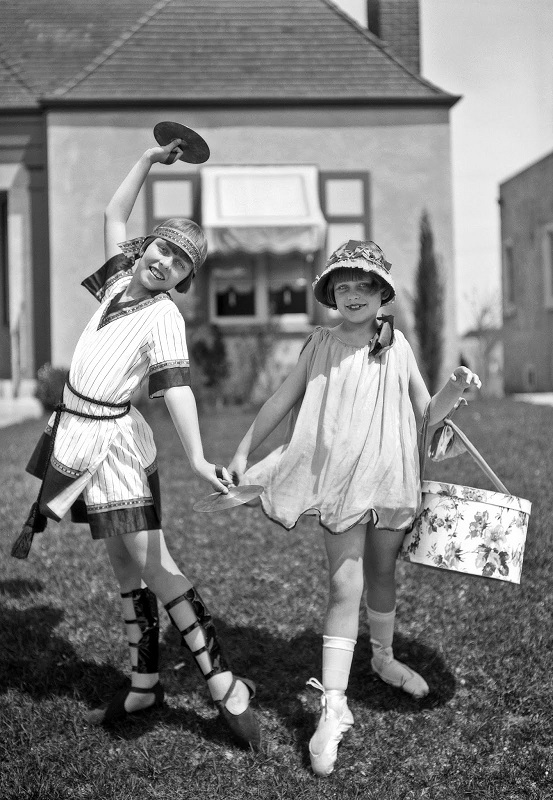
Voici un troisième poème du recueil Chansons, une ode pleine de vie à la nature, la musique et l’amour. CONTINUE READING / CONTINUER LA LECTURE…
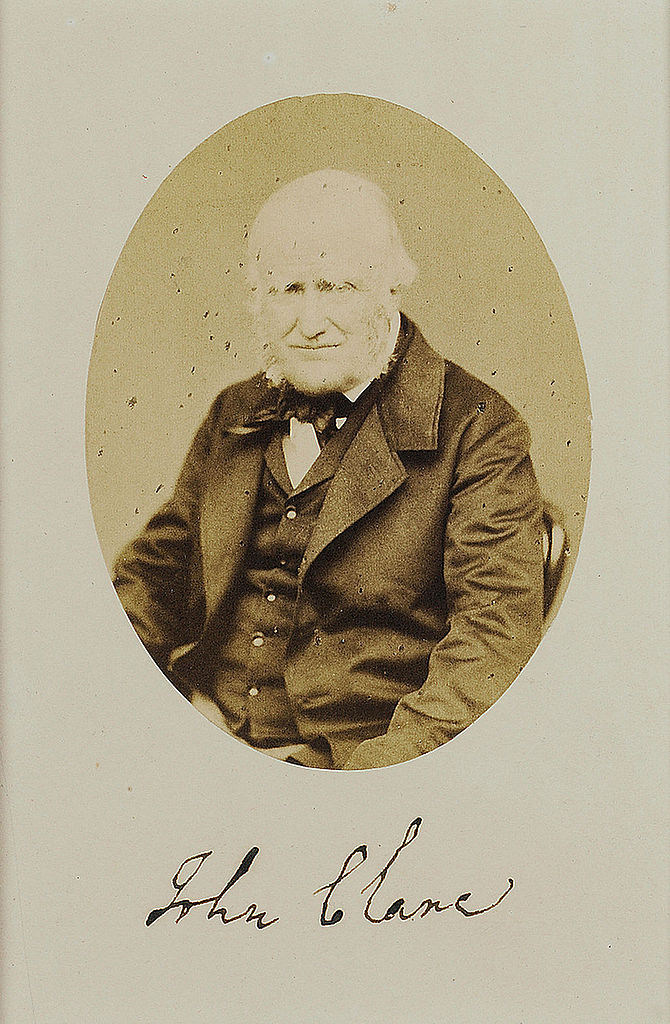
Another charming poem from Asylum Poems, the collection of verses written by Clare while he was interned in an asylum. The old poet has an appointment with his love at sunset in a beautiful valley. CONTINUE READING / CONTINUER LA LECTURE…
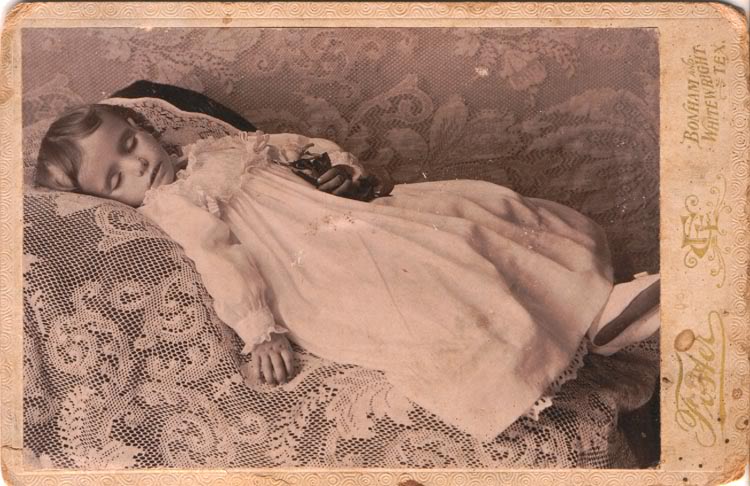
Le poème suivant rappelle les deux sonnets de Nicolas Boileau sur la mort d’une de ses nièces. Le poète regrette avoir ennuyé sa cousine avec ses leçons tant qu’elle vivait. S’il avait su qu’elle mourrait si tôt, il aurait profité de sa jeunesse, fait avec elle l’école buissonnière et empli sa vie de plaisirs. Il lui aurait donné tout son amour. CONTINUE READING / CONTINUER LA LECTURE…